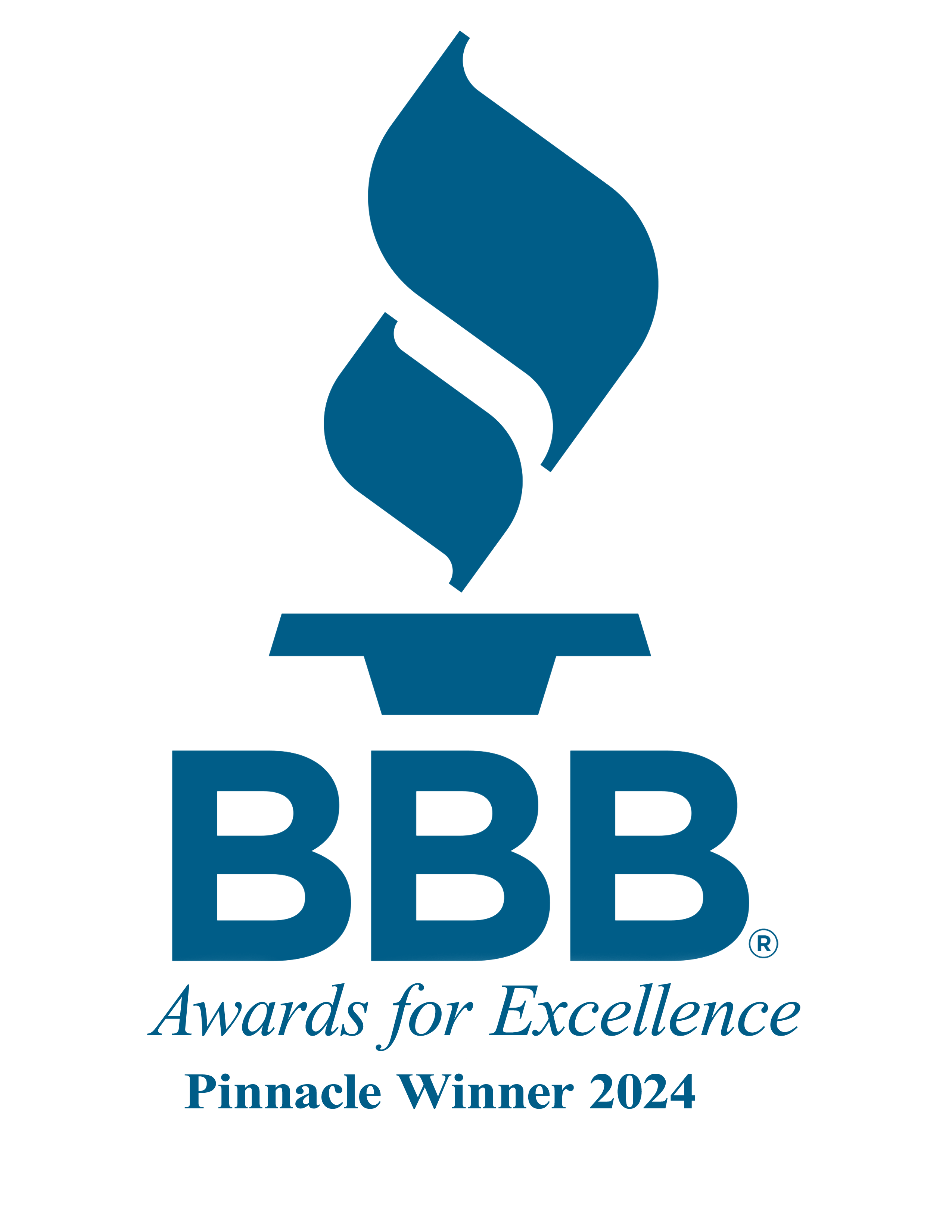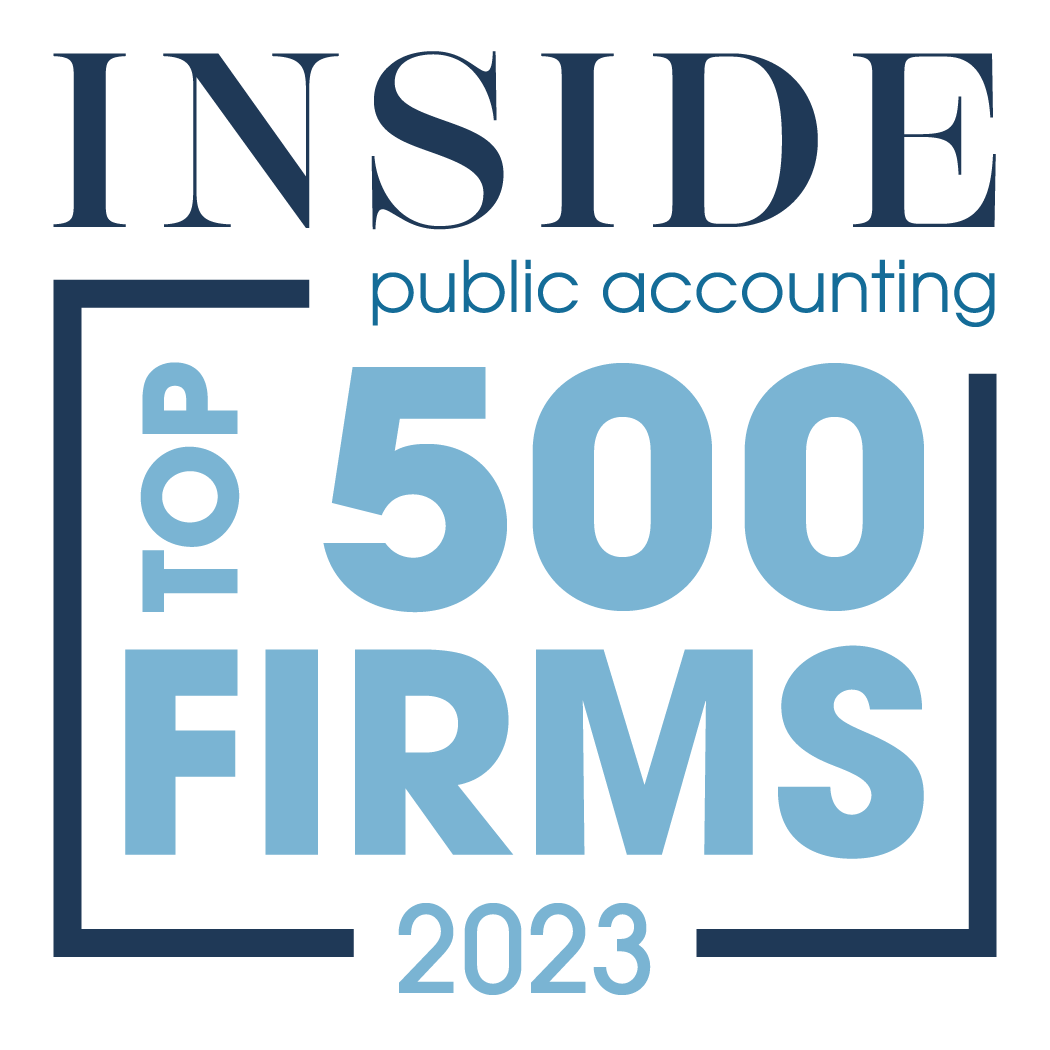How to Finance a Business with an SBA loan and Retirement Funds
Entrepreneurs seeking to finance a startup company often look to the Small Business Administration (SBA) for the funding they need to get their company up and running. One of the most beneficial ways to get the funds needed is to use a 401(k) financing, also called a Rollover on Business Startup (ROBS), in conjunction with an SBA loan. The ROBS process allows the borrower to leverage retirement funds without incurring any tax or penalties. SBA loans and ROBS have advantages as stand-alone instruments but when they work in conjunction with one another, they can provide even greater buying power and flexibility
Advantages of SBA Loans
The SBA generally does not make direct loans to entrepreneurs. Rather, it provides a guarantee to lenders for the money they loan to start the business. This guarantee protects lenders by promising to pay the loan if the business owner defaults. SBA loans are a popular form of financing because the interest rate is lower, typically 6% to 9% and offer longer repayment terms than other forms of financing. These loans do have qualification criteria starting with a required credit score of at least 680 along with a strong financial and industry experience history.
The SBA requires would-be business owners to have a minimum 10% down payment on all SBA loans, however, many lenders providing SBA loans may require a down payment of 20-30% of total startup coasts. For an average size loan, the down payment will be between $40,000 to $120,000.
How ROBS Helps to Secure an SBA Loan
ROBS allows entrepreneurs to use retirement funds to start or buy a business with money that has been invested in a 401(k), IRA or other qualified account as a down payment for an SBA loan without triggering any tax penalties. Using a ROBS account to fund your down payment also makes it easier to qualify for an SBA loan As long as you have at least $50,000 in a retirement account that can be rolled over in a ROBS account you may qualify for this type of funding.
When you combine a ROB account with an SBA loan, you’ll access capital from two different sources, thus reducing the amount needed from each. You’ll save money on interest and reduce your monthly payment. Securing a loan with ROBS can allow you to become debt-free sooner, putting you on the road to profitability.
Make ROBS Management Easy With Our BORSA Plan
Funding your business with a ROBS account requires several necessary steps, including the establishment of a “C” Corporation. Ongoing management is also necessary to ensure that you remain in compliance with all regulations (i.e. DOL, IRS, etc.). DRDA’s BORSA (Business Owner’s Retirement Savings Account), an exclusive ROBS plan that allows investors to access their 401(k) tax and penalty free will help set up your financing and perform the necessary ongoing work to make sure you remain in compliance with all ROBS requirements. Contact DRDA for more information and a consultation.
Contact us to learn more about BORSA (Business Owner’s Retirement Savings Account), our exclusive ROBS plan that allows investors to access their 401(k) tax and penalty free.
- Published in ROBS 401(k), ROBS 401k Provider, Starting a Business







